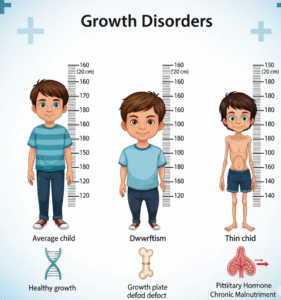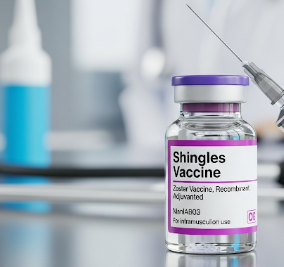Overview
Haemolytic Uraemic Syndrome (HUS) is a rare but serious condition that affects the blood and kidneys. In Korea, it is recognized as an important cause of acute kidney injury in children and, less commonly, in adults. Timely diagnosis and treatment in specialized hospitals significantly improve outcomes.
What is Haemolytic Uraemic Syndrome (HUS)?
HUS is a disorder characterized by the destruction of red blood cells, low platelet counts, and kidney failure. It primarily affects children under five years old but can occur at any age. The condition is often triggered by infection, particularly with certain strains of Escherichia coli (E. coli) that produce Shiga toxin, though atypical forms also exist caused by genetic or autoimmune factors.
Symptoms
- Sudden onset of diarrhea, often bloody
- Fatigue and weakness
- Pale or jaundiced skin
- Decreased urine output or dark urine
- Swelling in hands, feet, or face
- Bruising or easy bleeding
- High blood pressure in severe cases
Causes
- Infection-related HUS (typical): Usually caused by Shiga toxin-producing E. coli (STEC) infection from contaminated food or water.
- Atypical HUS: Caused by genetic mutations affecting the complement system or triggered by certain medications, autoimmune disorders, or pregnancy.
Risk Factors
- Young age, especially children under five
- Recent gastrointestinal infection with STEC
- Family history of atypical HUS
- Compromised immune system or underlying health conditions
Complications
Untreated or severe HUS can lead to:
- Acute kidney failure requiring dialysis
- Chronic kidney disease or long-term renal impairment
- High blood pressure
- Neurological complications such as seizures or stroke
- Heart complications due to fluid overload or anemia
Prevention
- Proper food handling and hygiene to avoid E. coli infections
- Washing hands thoroughly, especially after contact with young children or animals
- Avoiding undercooked meat or unpasteurized dairy products
- Early medical evaluation for severe diarrhea, especially in children
Treatment Options in Korea
Treatment in South Korea is primarily supportive, focusing on maintaining kidney function and managing complications:
- Hospitalization: Patients are typically admitted to pediatric or nephrology departments in hospitals such as Seoul National University Hospital, Samsung Medical Center, and Asan Medical Center.
- Fluid and electrolyte management: Ensures hydration while preventing fluid overload that can strain the kidneys.
- Dialysis: Temporary dialysis may be required if kidney function is severely compromised.
- Blood transfusions: Used to manage severe anemia caused by red blood cell destruction.
- Plasma exchange or complement inhibitors: For atypical HUS, therapies like eculizumab may be administered under specialist supervision.
- Follow-up care: Long-term monitoring of kidney function, blood pressure, and overall health is essential to detect late complications.













